Investing in Your Heart Health
Our hearts work tirelessly for us — beat after beat, day in and day out. Investing in their health isn’t just a good idea; it’s one of the smartest, most impactful things we can do for our long-term well-being.
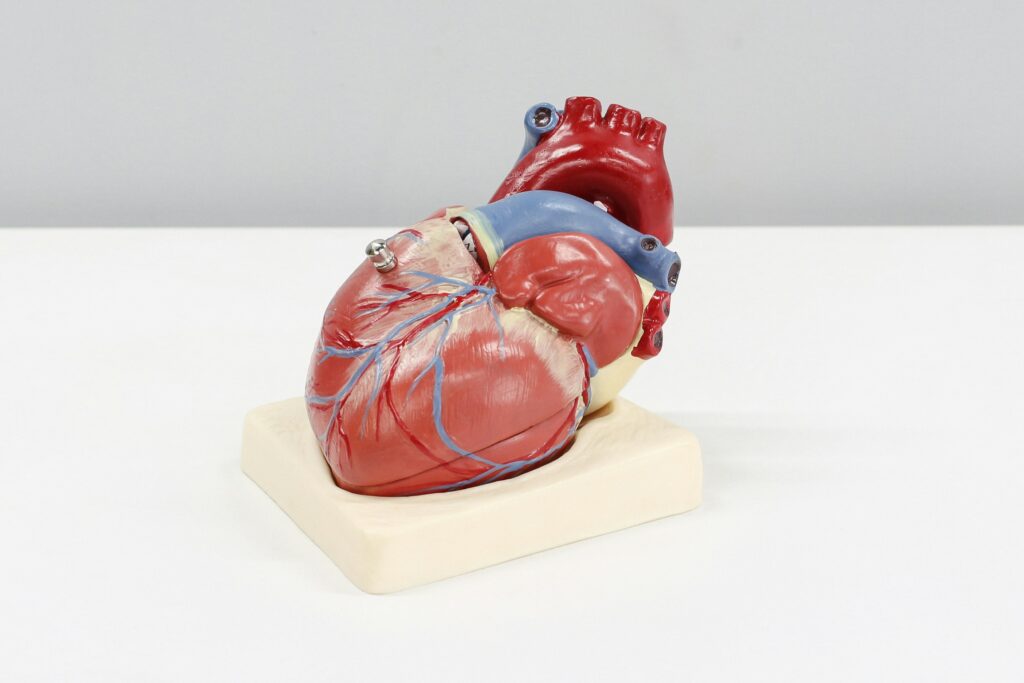
One of the simplest and most effective ways to care for your heart is through regular cholesterol checks. While often a routine part of a physical exam, truly understanding what these tests reveal can empower you to take proactive, meaningful steps toward a healthier heart.
What is Cholesterol, Really?
Cholesterol often gets a bad rap, but it’s actually an essential, waxy, fat-like substance your body uses to build healthy cells and produce certain hormones. It travels through your bloodstream in particles called lipoproteins, and not all cholesterol behaves the same way.

The key types you’ll hear about are:
- Low-Density Lipoprotein (LDL): Often called “bad” cholesterol, LDL can lead to plaque buildup in your arteries when levels get too high.
- High-Density Lipoprotein (HDL): Known as “good” cholesterol, HDL helps carry cholesterol away from the arteries and back to the liver, where it can be processed and eliminated.
- Triglycerides: Another type of fat found in your blood. Elevated levels can also increase your risk of heart disease.
Maintaining a healthy balance between these is crucial for keeping your cardiovascular system running smoothly.
Why Regular Cholesterol Checks Matter
The tricky part about cholesterol? It usually doesn’t cause symptoms. You could feel perfectly fine while high cholesterol quietly narrows your arteries in the background — a condition called atherosclerosis.

Over time, this can lead to serious complications like:
- Heart Disease (Coronary Artery Disease): Restricted blood flow to the heart can cause chest pain (angina) and increase the risk of heart attacks.
- Stroke: If plaque blocks arteries leading to the brain, it can trigger a stroke.
- Peripheral Artery Disease (PAD): Narrowing of blood vessels in the legs and feet, leading to pain, numbness, or other complications.
That’s why regular cholesterol checks are essential. They offer an early warning system — a snapshot of your cholesterol levels that helps your doctor identify potential problems before symptoms arise.
What Happens During a Cholesterol Check (Lipid Panel)?
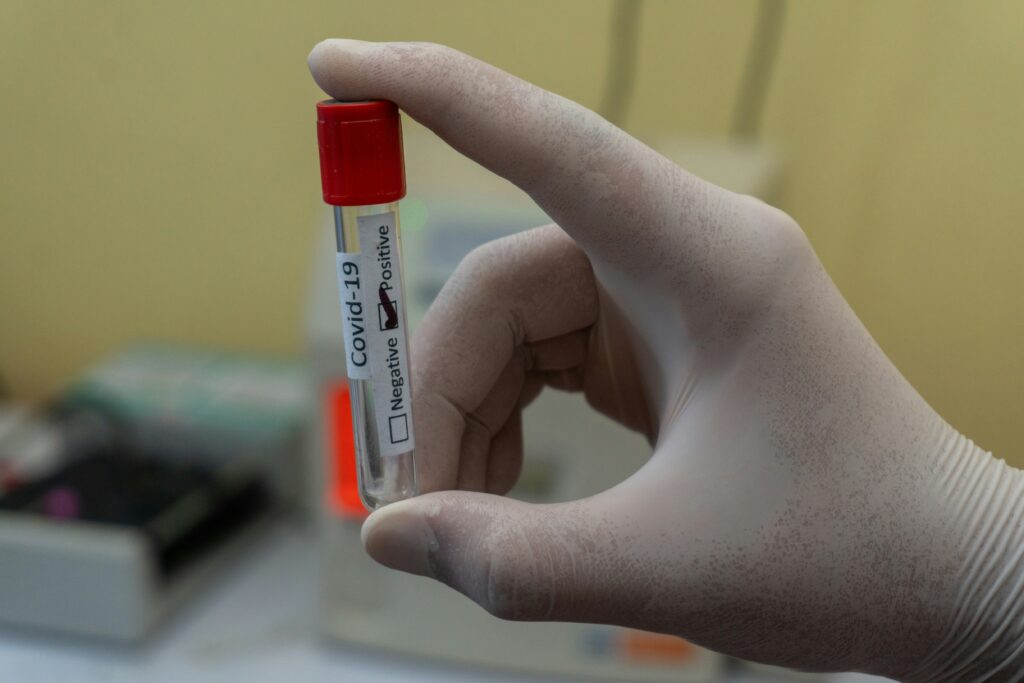
A cholesterol check is typically done through a blood test called a lipid panel. To get the most accurate results, you may need to fast for 9–12 hours beforehand (check with your healthcare provider).
The test measures:
- Total Cholesterol
- LDL Cholesterol (“bad” cholesterol)
- HDL Cholesterol (“good” cholesterol)
- Triglycerides
It’s a quick, routine blood draw — usually completed in just a few minutes at your doctor’s office or lab.
Understanding Your Cholesterol Numbers
While ideal levels can vary depending on your age, health history, and risk factors, general guidelines are:
| Type | Ideal Range (mg/dL) |
| Total Cholesterol | Less than 200 |
| LDL Cholesterol | Less than 100 (lower for high-risk individuals) |
| HDL Cholesterol | 60 or higher (below 40 is a risk factor) |
| Triglycerides | Less than 150 |
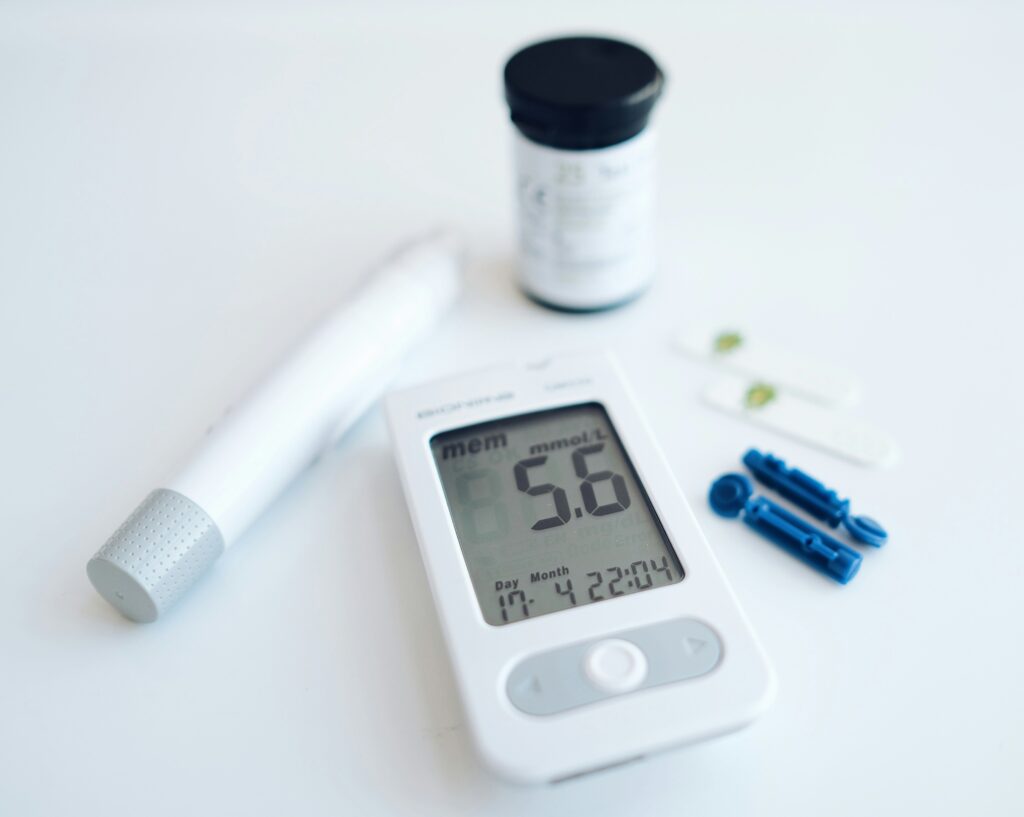
It’s important to remember: these are broad guidelines. Your doctor will interpret your results in the context of your personal health story — including family history, blood pressure, weight, and lifestyle habits.
Who Should Get Regular Cholesterol Checks?
General recommendations include:
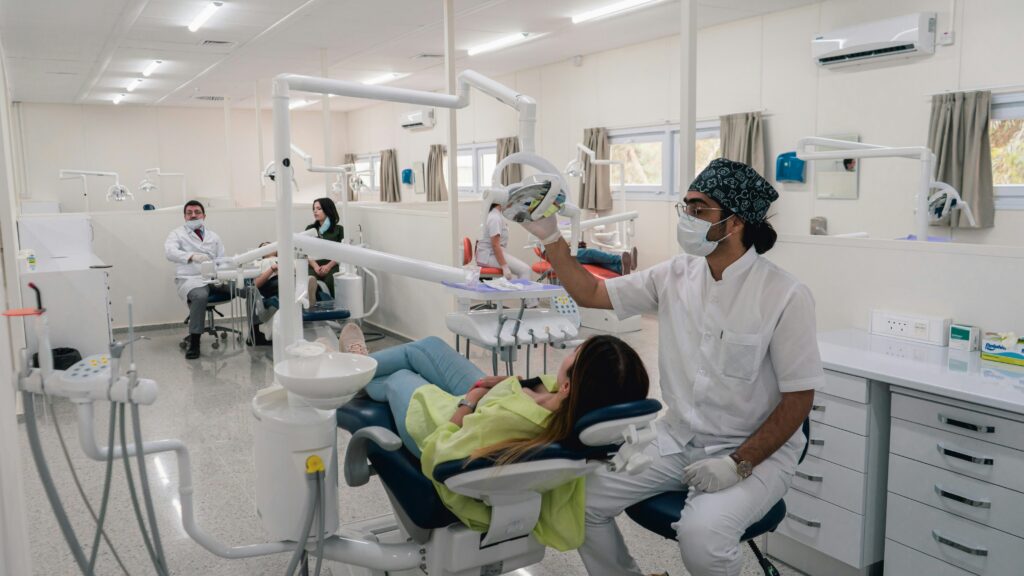
- Adults 20 years and older: At least once every 4 to 6 years if at low risk.
- People with risk factors (like a family history of high cholesterol or heart disease, smoking, high blood pressure, diabetes, being overweight, or sedentary lifestyle): More frequent testing.
- Men over 45 and women over 55: Typically at higher risk and may need regular screenings.
Your healthcare provider can help determine the schedule that’s right for you.
Investing in Your Heart Health
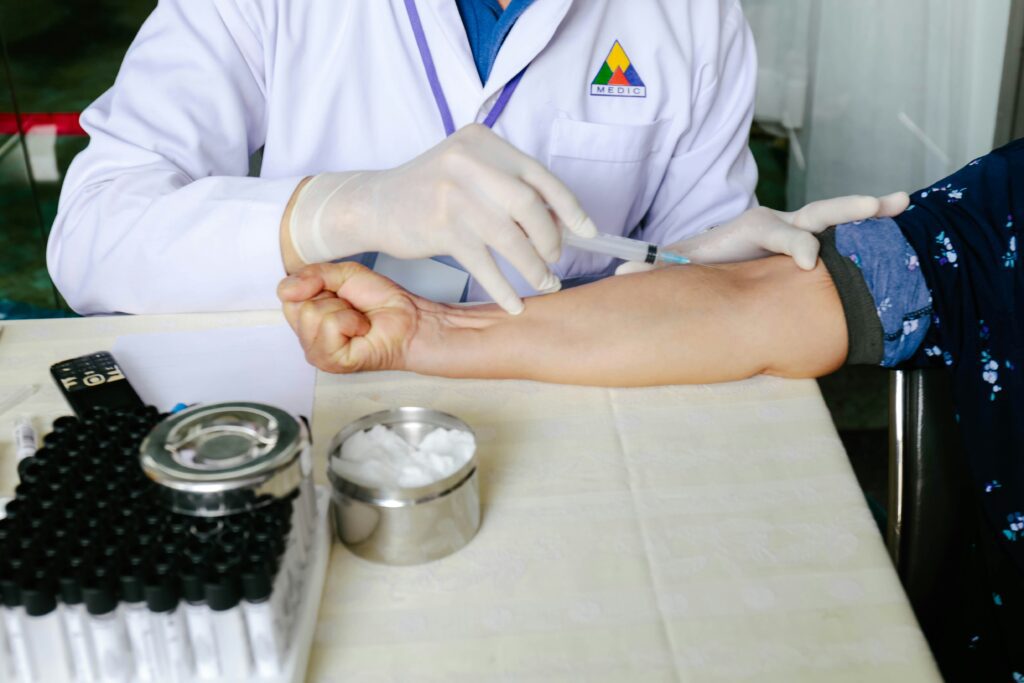
Regular cholesterol checks are a small, simple step with a potentially life-changing impact. When high cholesterol is detected early, lifestyle changes — like adopting a heart-healthy diet, getting regular exercise, and avoiding tobacco — can make a significant difference. In some cases, medication may also be recommended to lower cholesterol and reduce your risk of heart disease and stroke.
Prioritizing Purposeful Testing
Cholesterol checks aren’t just a box to tick at your annual physical. They’re a valuable tool in protecting your heart and your future. The more you know about your numbers, the better equipped you are to make informed, proactive decisions about your health.
Talk to your healthcare provider about when you should start regular cholesterol checks — and how often to continue them. It’s one of the easiest, most meaningful investments you can make in your long-term well-being.
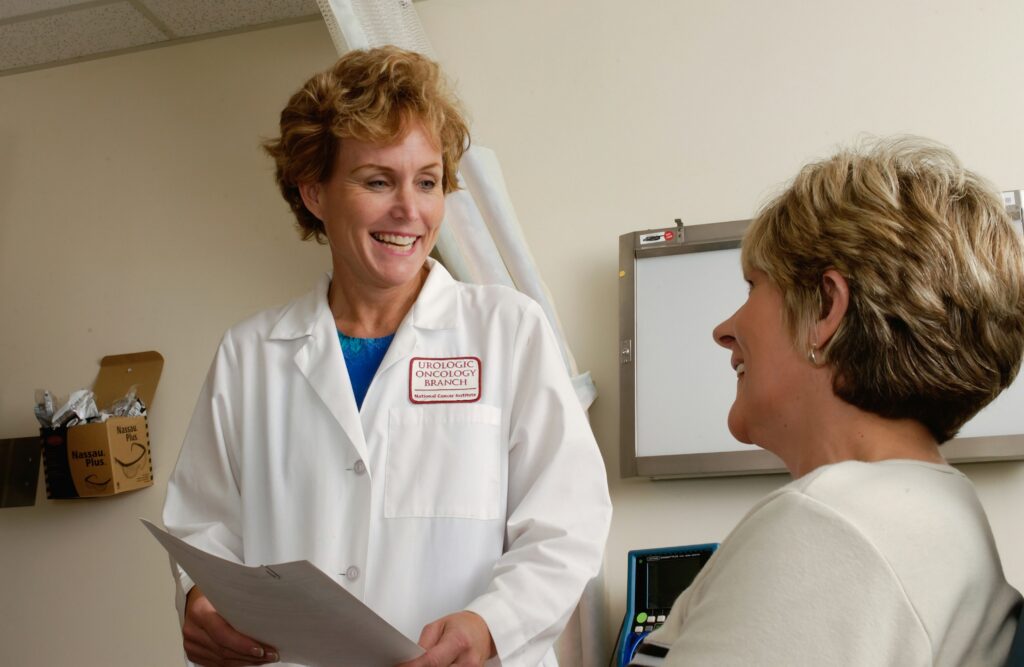
And remember, your heart works hard for you — give it the care and attention it deserves.
